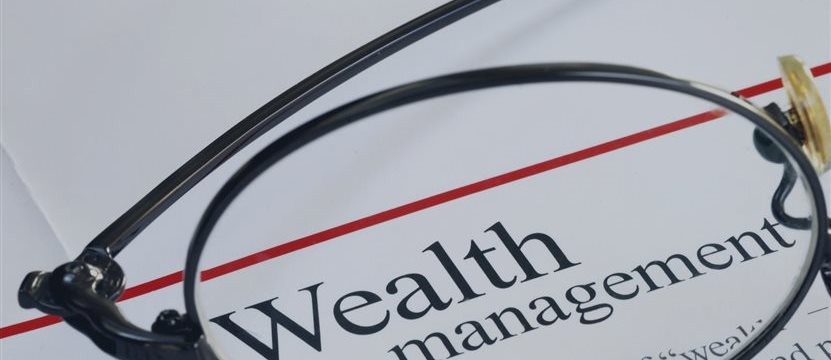
A Little Planning Makes a Big Difference or When is the High Time for a Financial Advisor?
Financial plan can be of a vital help, especially for someone just graduating and entering the full-time work-force.
As Carrie Houchins-Witt, an independent financial planner in Iowa, suggests, "It is never too early to get a financial adviser".
"You should start thinking about it when an area of your financial life — either debt, taxes, savings or budgeting — seems out of your control. Find a trusted professional who has experience with your issue and ask for help," she adds.
The basic planning should include:
1. Planning for paying off any student loan debt,
2. Establishing a workable budget,
3. Getting started on retirement planning,
4. Planning for shorter-term goals like a house purchase
5. As your finances will get more complex over time, revisit your finances regularly
Last year, a Wells Fargo "Middle Class Retirement Study " reported that nearly half, 48%, of respondents were fearful they would never be able to save enough for a comfortable retirement. In fact, most, 59%, said they were working day-to-day just to pay their monthly bills. However, a little planning made a big difference. While less than a third of those surveyed admitted to having a written plan for retirement, of those that did, a whopping 70% described themselves as "confident" about their future for life after work.
"The sooner you start meeting with a professional to establish your goals and develop good saving and spending habits, the bigger the payoff later in life," says William Pitney, a financial coach from California.
If you struggle to decipher Wall Street jargon and could care less about 90-day moving averages and stochastic analysis, Michael Keeler says it's time to take a meeting with someone who does. Keeler has been an adviser for over 30 years and is based in Las Vegas.
"Anybody who isn't savvy about investing can benefit from an adviser. All great sports stars have coaches to give unbiased advice. An adviser does the same for his or her clients," he says. "I think the day you get your first job is a great time to start. Your adviser can help you save part of your income in a way that it becomes a habit."
Graduation, a first job and other just-starting-out events are not, however, the only benchmarks for when you need to hire a financial adviser. Lili Vasileff is a divorce financial expert in Greenwich, Connecticut, and says there are other important signs you may need help.
"When expenses exceed income, or when credit cards aren't paid off in
one year — when major expenses throw a budget into turmoil and when a
major income source is lost," she says.
Jean Schwarz, a financial planner based in Vienna, Virginia, adds more important events to the list: "When major life changes occur — a job change, marriage, the birth of children or the death of family member — divorce and of course, retirement."
Not only knowing when but also how to hire a financial adviser is equally important, according to Anika Hedstrom of Medford, Oregon. She works primarily with women and Gen X and Y professionals. Hedstrom says it's a good idea to interview and find a good match before you think you need an adviser.
"We all could use a second set of eyes and ears, as well as perspective, to advance our financial understanding and worth. Keep in mind one doesn't need to be rich to afford this service. Plenty of advisers work on an hourly or retainer basis and have no minimum asset requirements. It can be as simple as an annual checkup, similar to your routine physical," she adds.
And finally, Jerome Deutsch offers a common sense recommendation of when to seek advice from a financial consultant: "When the financial aspects of your life go beyond your knowledge, ability or desire to manage them by yourself."
It is also true that investors seeking help have a lot of options. Financial advice is available through multiple outlets these days, and people can pick and choose the level of service, advice, fees and products they require. They just need to recognize when to do so.


